|
Chinese Ch'an is the method of permanently altering one's perception. This is achieved by changing 'how' and 'where' the individual places their 'attention'. The default setting for human-beings - which is linked to the evolutionary drive to survive - requires the general attention to be fixed upon the sensing of permanent (external) stimuli - as mediated through the six sense-organs. Modern science, of course, informs us that there are many more than just the assumed 'five' senses in the West (perhaps as many as 'thirty') - but these further senses are in fact specific aspects (or elements) of perception - and easily fall within the Buddha's schematic of defining the 'mind' as a 'sense'. Human ancestors had to be acutely 'aware' of their surroundings if their chances of survival were to be enhanced. After the development of the human mind, body and environment - settled human culture allowed individuals to contemplate their existence. As much of this is speculative in nature - it falls under the subject of religion and spirituality - with the modern trend involving secularised conspiracy theories. The point is that there are many 'external' places (the 'guest' position) where individuals are able to place their awareness. It does not matter what belief system sustains this 'externality' - as the 'guest' position is NEVER left. The Chinese Ch'an tradition offers a methodology to alter, shift and change this orientation. Chinese Ch'an does this by transitioning the default setting of human perception away from the 'guest' position - and toward the 'host' position. The 'host' position is comprised of the empty essence that underlies ALL perception. Therefore, it does not matter where an individual lives, when an individual lived - or the culture that defines the prevailing material conditions - the empty mind ground will ALWAYS underlie whatever physical structures the conditioned elements construct. Today, many spiritual schools are content to pursue a material path that encourages adherents to become attached to this or that outward manifestation - often for a large fee! Being 'attached' to whatever form of externality that takes your attention is not difficult and you certainly do not need another's permission or guidance to attain it. This is why a genuine Ch'an teacher is often unpopular in the world of material externality - as he or she continuously speaks and acts from the 'host' position. The genuine Ch'an teacher is a beacon of stable hope in a sea of changing uncertainty - as was the example of Master Xu Yun (1840-1959). In the meantime, words, silence, actions, and inactions - all serve to turn the adherent's attention BACK (inward) toward the empty essence of ALL material experience. If you are looking for the confirmation of your existing views and opinions (the 'guest') - then you have come to the wrong place. There are many 'businesses' out there that will sell you a robe and an ordination certificate. How's that for unpopularity?
0 Comments
Dear J
Thank you for your interesting email. Richard Hunn spent much of his mature years working upon a full Chinese-English translation of the Yijing whilst working with a British publisher at a time when such an idea was unheard of in the West. The problem was that this publisher wanted to change many aspects of the translation and Richard Hunn disagreed - as these changes would alter the intended meaning of the translation. Due to these creatiive difference - the Publisher eventually pulled the plug and the project was shelved (in the late 1980s). Nowadays, translations like this are fairly common in the West (many produced by ethnic Chinese scholars) - so perhaps Richard Hunn was ahead of his time! As well as studying the available Richard Wilhelm translation (in its various guises) - Richard Hunn thought highly of the concise (English) translation generated by John Blofeld (not very well-known today). Although Richard Hunn would spend much of his time reading the original Chinese language version of the Yijing presented to him by Charles Luk (1898-1978). John Blofeld translation is only the 64 Hexagrams and the directly related commentary material (together with the 'line' commentaries) excluding the Ten Wings content. This is similar in structure to the various 'Pocket' or 'Concise' editions of Wilhelm (premised upon the 1950 edition translated by Cary F. Baynes from the German into the English language). John Blofeld's rendering of the Yijing, however, is a very different English language translation than that generated by Wilhelm-Baynes (Richard Hunn personally knew John Blofeld - despite Richard being much younger than John). John Blofeld ended his days living in Thailand (I believe with his Asian family). Once a suitable translation of the Yijing is secured - as there are many today - then it is a matter of a) intellectually studying the history and meaning of the text as if it were a typical (narrative) subject similar to academic history or philosophy, etc, and/or b) taking the exactly opposite approach of relating to the Hexagram and related text (including the Ten Wings) - in a direct and existential manner which draws the totality of the 'past' and the 'future' into the 'eternal' present. This replicates today exactly how the original 'Zhouyi' a) developed over time, and b) was used 'directly' by the Diviners of the Zhou Kings! Of course, Chinese language tradition talks of earlier (but similar) divinity manuals existing during the Xia and Shang Dynasty. Best Wishes Adrian St Anthony (251-356 CE) is considered by many theological commentators as being the founder of Christian monasticism – despite the fact he was not the first Christian hermit – and admits seeking instruction from an old man who lived on the edge of a nearby village. Although being from Egypt – the Catholic Church makes a point of him supposedly being ‘White’ - with ‘Whiteness’ being presented as ‘good’ and ‘Blackness’ (the skin-tone of the average indigenous African) being firmly associated with ‘evil’! (Although to be fair, my Christian colleagues state that ‘Black’ in this context is a ‘figure of speech’ and should not be taken as ‘racial’. My colleague states: ‘See it in the context of Solomon's Song of Songs where bride speaks to her beloved and says "I am black but beautiful''. We are all black before the light of God, God is source of all light, we just reflect to a greater or lesser degree, and it will just be a million shades of black compared to God's light.’ Later, one of the Desert Fathers is described as ‘Black’ and yet considered entirely ‘good’ within Christian texts). Was St Athony the Great ‘European’? He could have been if his parents were the descendants of Greek invaders – and had never mixed with non-Europeans in the six-hundred years since Alexander the Great! St Anthony came from a rich family who seem to have been Christians. After selling all his belongings and giving the money away to the poor, he left mainstream society to live on the periphery of society – rather like a homeless person today – who has been failed by the Bourgeois State and the capitalist system, although in the case of St Antony, the poverty he embraced was a totally voluntary endeavour. It would appear that despite his prosperous background – St Anthony was illiterate and did not read or write (he did not leave any writings of his own – but we know he existed by others writing about his life and teachings). Perhaps his supposed Greek parentage (oddly) did not put too much value in their child learning to read and write – two skills very much at the forefront of Greek civilisation. St Anthony the Great was not a Desert Father in the struct sense, although he is often conflated with these later Christian monastics. He never lived in the desert and so cannot be correctly associated with this practice. Of course, Since around 100 BCE (and perhaps even earlier), the Jewish ‘Essenes’ had been living in the deserts of Palestine and frequenting meditation cells hued from indentations in the rock-face. Living a lifestyle very similar to what the Christian Desert Fathers would adopt – the ‘Essenes’ wrote of their experiences in the ‘Dead Sea Scrolls’. St Anthony makes no mention of the Jewish ‘Essenes’ whilst imitating their behaviour. The Christian narrative is that he developed the Christian hermetic lifestyle following a Revelation from God that nothing to do with local history or religious trends in the area. St Anthony literally believes in daemons as manifesting in the physical environment (often as ‘Black boys’), and within as troublesome thought-patterns and emotional responses. Racism aside – St Anthony views any form of ‘modern’ thinking as being the product of daemonic influence or daemonic possession. He dismisses the entire edifice of Greek philosophical thought and scientific investigation - as being the product of ‘daemonic influence’ that has no intrinsic value for humanity whatsoever! Understand how natural processes function is perceived by St Anthony as the indulgence of ‘evil’ by those who seek answers about how the universe works. Such knowledge, St Anthony tells us, only serves to create a barrier between individual humans and the God who he believes ‘made them’ in the first place. As regards agriculture, St Anthony severely criticises anyone or practices ‘farming’ and growths food to sustain the community! Observing the seasons and how one transitions into another – is a manifestation of ‘pure’ evil according to St Anthony! He believes this because God has a set plan for humanity which involves tremendous suffering, death and persecution – and that if human-beings interfere in this process – then God’s will is either water-down or prevented from functioning altogether in the physical world! Yes – humanity is made to pointlessly suffer by God – but in so doing – God is creating the scenario for some of the more deserving’ humans to be ‘saved’ by his ‘grace’. St Anthony tells his disciples that knowledge of how natural processes work amounts to accumulating a ‘pointless’ knowledge that serves no purpose in assisting God to manifest his presence in the world! St Anthony, therefore, is opposed to scientific knowledge and any form of modernistic progression for humanity. This is because such knowledge ‘empowers’ human-beings as individuals and a species – so that humanity no longer requires any direct contact with the God that created them. This is how the Christian Church explains ‘why’ most people in the West today – no longer possess a literal belief in Christianity – or no longer subscribe to traditional, theological interpretations of the world. In this sense, St Anthony was very good ‘at not learning anything’. It is one thing for an individual to embark on a path of subjective (internal) development that requires the complete ‘emptying’ of mind - of its patterns of historical conditioning (as is common within Buddhist and Daoist self-cultivation) - but it is quite another to insist that the entirety of society (and the progression of humanity as a species) should also be ‘limited’ to this ‘emptying’ in the socio-economic sense – if, indeed, that is what St Anthony is saying. Imagine a modern world without ‘science’, ‘education’ and ‘medicine’! Think also of the ‘good’ these developments have achieved for the benefit of humanity! I would say that the enlightenment that St Anthony is striving for equates with the third position of the Cao Dong (Soto) School of Chinese Ch’an Buddhism. When viewed from this perspective, then even in China it is not uncommon for Ch’an adepts to leave society and ‘reject’ the world and go and live in the remote valleys or isolated hill-tops until they are clear about the ‘empty’ essence of their minds. After a period of further training – such adepts enter the fourth and fifth stages of Cao Dong realisation (which are stages of ‘no stages’) - where they are instructed to (permanently) integrate their (pristine) ‘empty’ inward state with their material surroundings. This is the spiritual interfacing with the material ‘as it is’. Of course, some Ch’an Masters used their enlightened wisdom (like the Buddha) to protest about injustices and to defend the weak and innocent – whilst others lived as unknown beggars under bridges or on river-banks, etc. We do not have to permanently ‘reject’ the outer world to be spiritual – even if on occasion we like to take a break from its nonsense!
|
Archives
March 2024
Categories
All
|
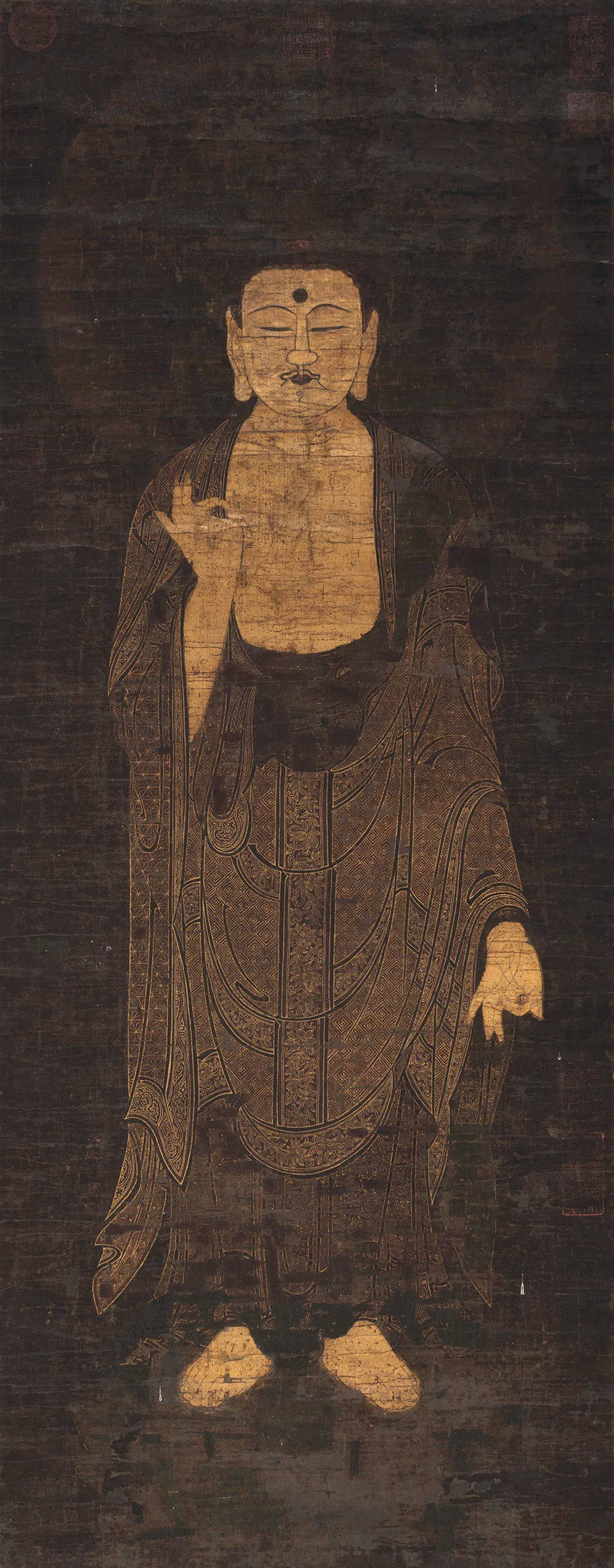
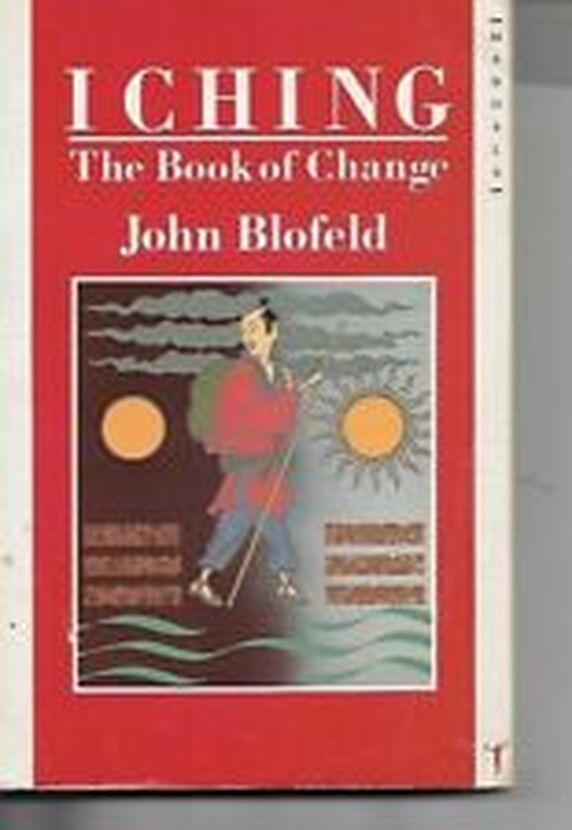
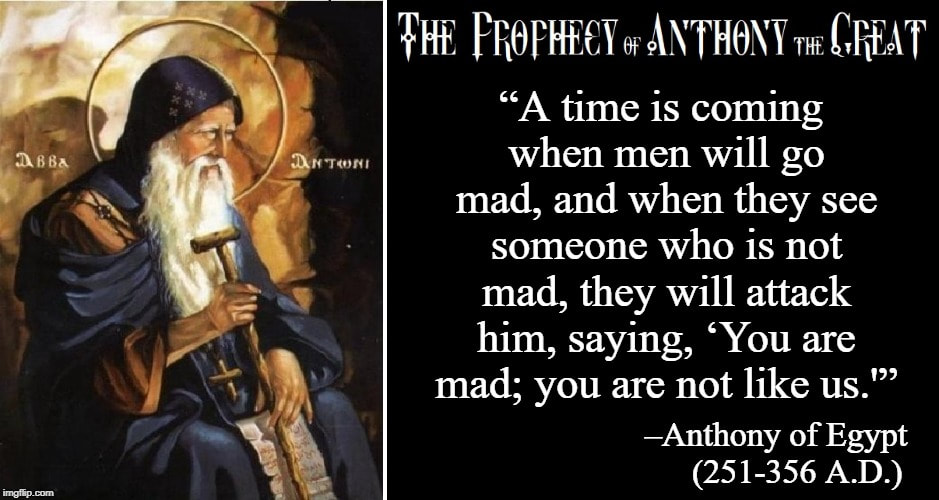
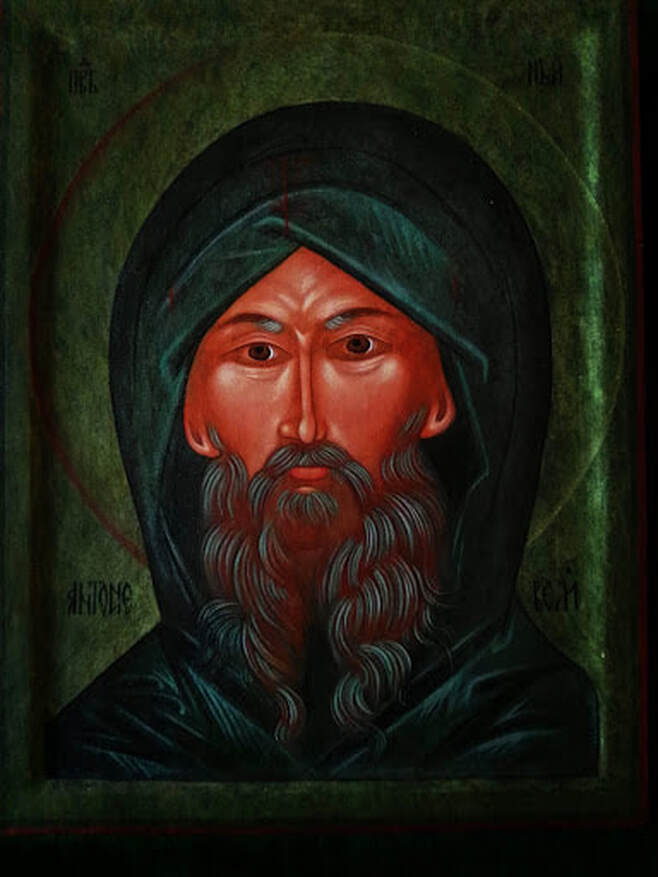
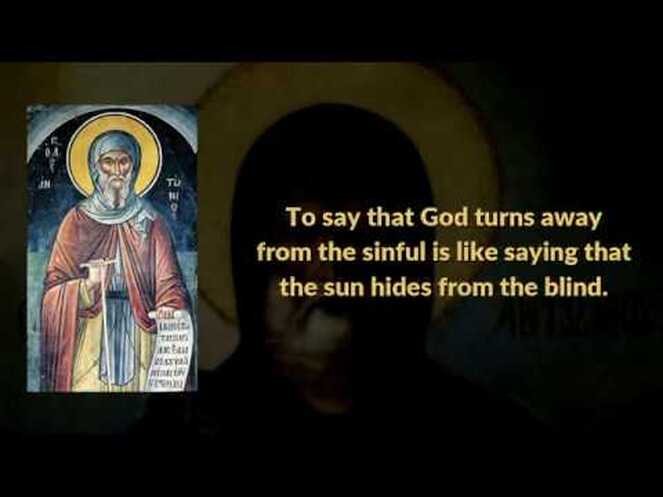
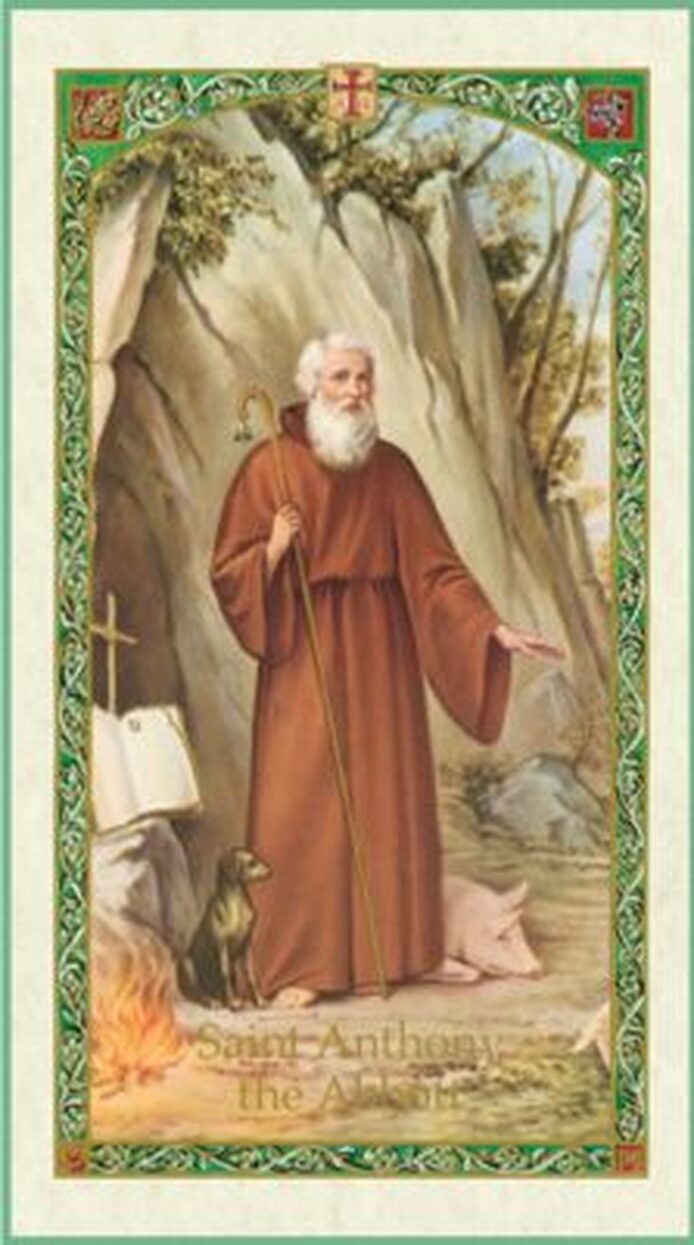

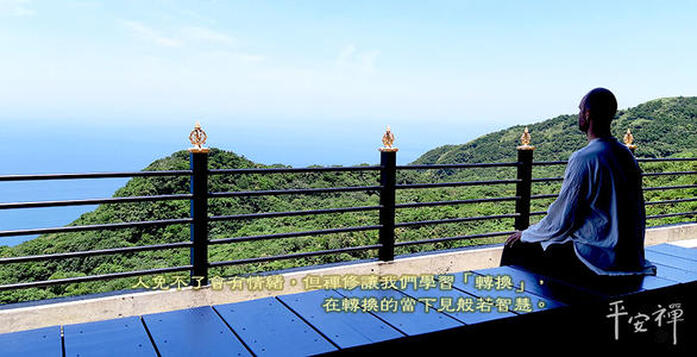
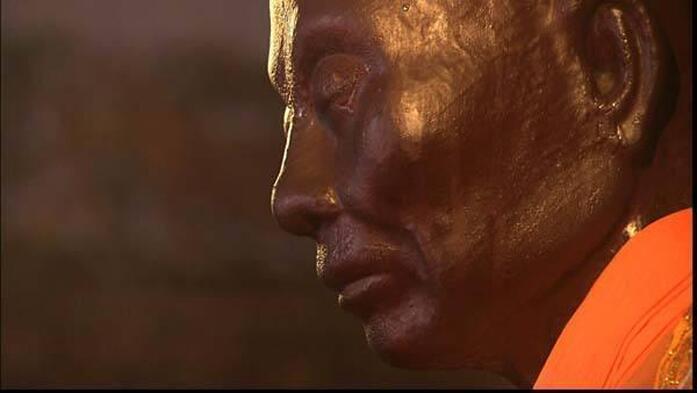
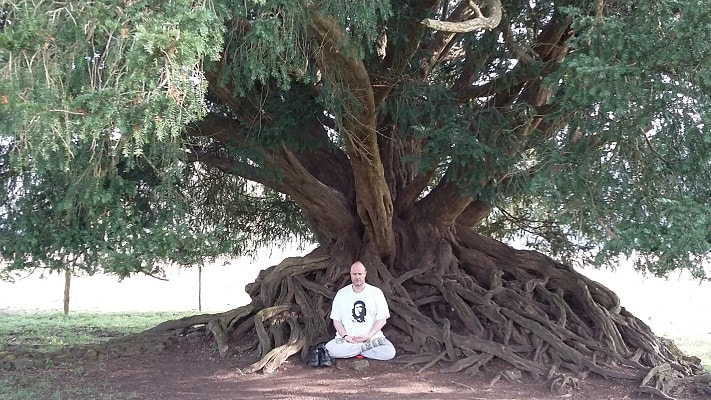
 RSS Feed
RSS Feed